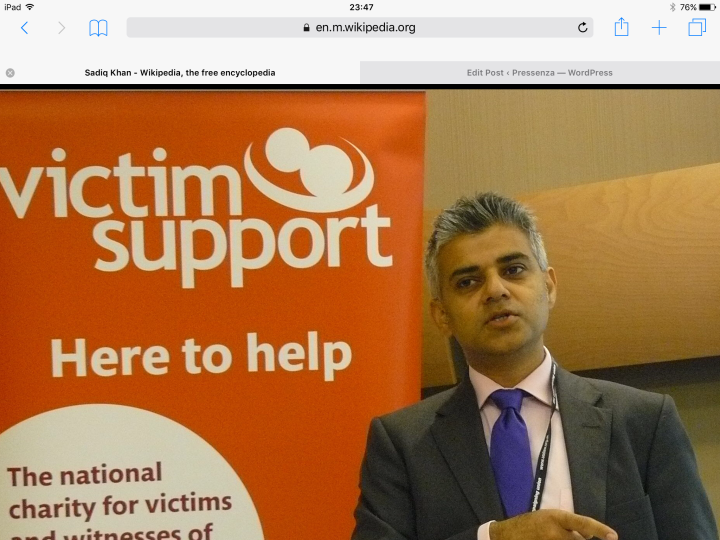The results are still coming in, the counting has not finished but some trends can be seen and the knives are already out to use the results to justify more dirty tricks campaigns.
The Mayor of London election shows a clear preference from the electorate for Sadiq Khan, but the votes are being recounted and the international media care more that he is a Muslim, son of a Pakistani bus driver, than the fact that he is a Labour Party man intent on stepping up the struggle against inequality, austerity and injustice. His background, before becoming an MP was that he was working as a human rights solicitor. His Tory opponent instead represented the history of personal privilege that voters have rejected.
As for Jeremy Corbyn, these elections had been proposed as a sort of referendum on his leadership, with his enemies relishing the prospect of Labour losses (even Labour Party MPs were at it) that would allow them to mount an immediate challenge. It didn’t happen. Labour did very badly in Scotland but that was always going to happen since the separatist camp has been gathering strength since the referendum on the Scottish Independence. Everywhere else Labour held on quite well and in spite of the venom being spewed by detractors everybody agrees that for the moment Corbyn has been given more time to develop his policies and proposals towards the general elections, still four years into the future.
‘Coinciding’ with the election the Conservative Government did a couple of U turns, on transforming all schools into academies and the highly unpopular Health Secretary Jeremy Hunt agreed to go back to the negotiating table to try to sort out the mess he created with the contract he is imposing on Junior Doctors, that has led to a number of strikes and much more awareness from the public that the Agenda for the Health System is its privatisation. It appears that the Tories finally may have realised those policies may lose them votes, so it remains to be seen what will happen now the election is over. There is still the referendum in June regarding Britain staying or leaving the European Union, but how these issues will affect the vote is difficult to predict.
UKIP, the scaremongering anti-immigration party made some gains, mainly at the expense of Labour and they represent the European trend towards the far right seen in so many countries.
At this point in the results the three most important issues seem to be:
Scotland continues its ‘soft’ campaign towards a possible independence
Jeremy Corbyn remains, strengthened in spite of the continuing media onslaught, as leader of the Labour Party committed to fighting austerity, inequality, nuclear weapons and the destruction of public services
London has elected (if the counting confirms it) its first Muslim Mayor, reinforcing its image of multiculturalism that goes some way to compensate for the raise of the anti-immigration lobby.
I am not sure who said it first but it has been repeated many times: ‘if voting could change anything it would be illegal’. Is it, however, a way to take the pulse of public opinion? Local elections are famous for their low turnout, so, no.
Perhaps its most important role is to promote discussion and awareness on issues that are not part of everyday conversations. Could it lead to people taking more of an interest? Campaigns? We can only hope.










